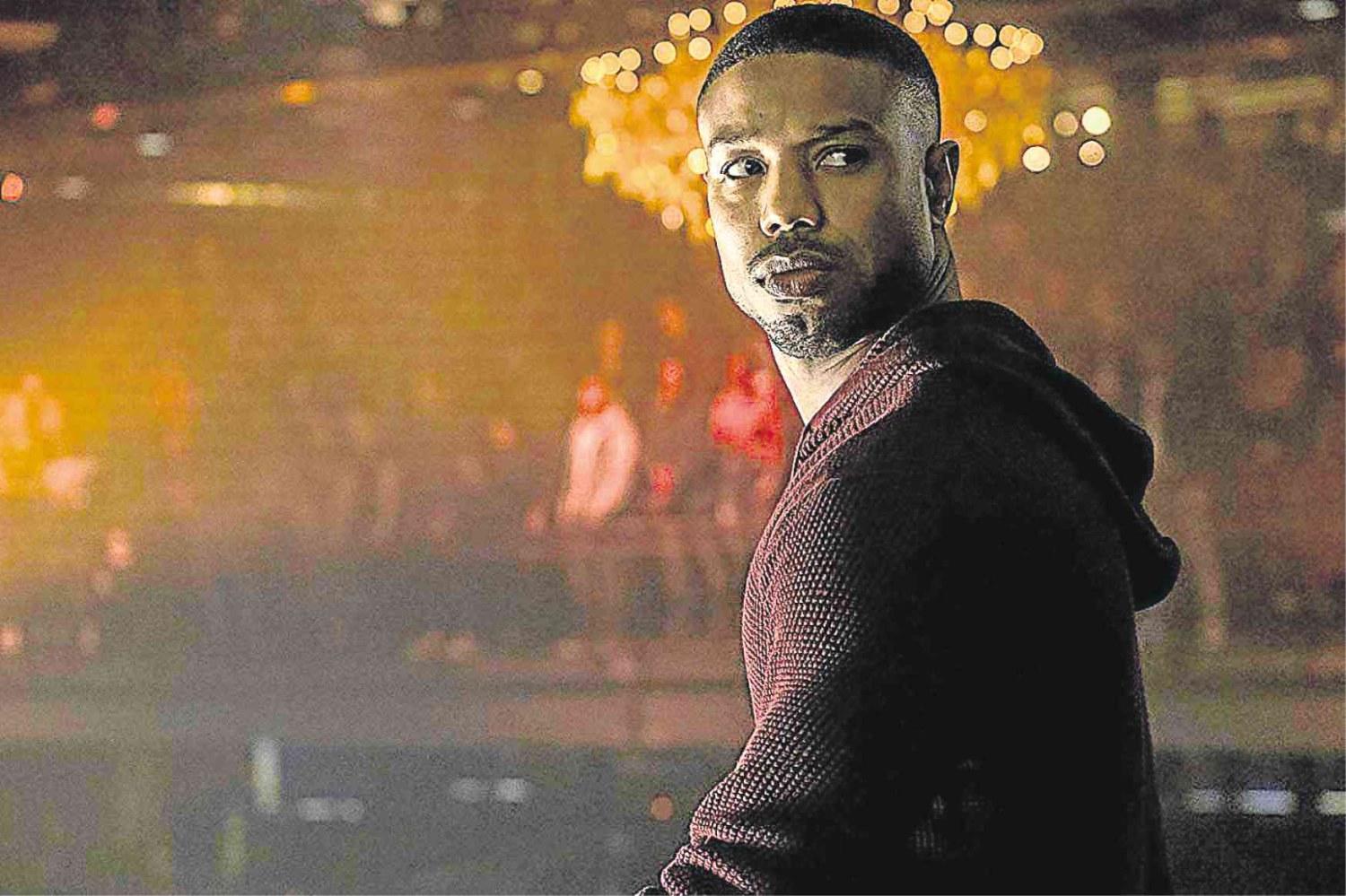The weight of legacy hangs heavily over “Creed II.” Not just for most of the characters, who must come to grips with their own family histories, but also for the filmmakers, tasked with making a sequel to a successful spinoff of a beloved franchise. The challenge would put any film on the ropes, but not this one.
“Creed II” pulls off a rather amazing feat by adding to the luster of its predecessor and propelling the narrative into a bright future while also reaching back to honor its past, resurrecting unfinished business from “Rocky IV” and adding a dash of “Rocky III.” Pound per pound, the sequel might even be better than its predecessor.
Steven Caple Jr. replaced Ryan Coogler in the director’s chair this time, but there’s plenty of continuity: Michael B. Jordan returns as Adonis Creed, with Sylvester Stallone by his side as former heavyweight champ and trainer Rocky Balboa. Also back: Tessa Thompson as Creed’s love interest, Phylicia Rashad as Creed’s mom, and Wood Harris as a coach.
The sequel pits Creed against man-mountain Viktor Drago, the son of Ivan Drago, who killed Adonis Creed’s father, Apollo, in the ring in “Rocky IV.” That stirs up trauma for Rocky, who feels responsible for the elder Creed’s demise.
Rocky went on to avenge the death by beating the elder Drago, but we also learn what that disgrace meant for the Dragos. The film is about ghosts as much as it is a meditation on fatherhood. At one point, Kellerman says the showdown between the sons of Creed and Drago is almost like a Shakespearian drama and—laugh, if you must—it feels sort of right here.
Desire—or the lack of it—plays a key role in “Creed II” since we meet young Adonis as the new champion, at the top. Viktor Drago is at the bottom, hauling cement in Ukraine and burning for family redemption.
“My son will break your boy,” Ivan Drago threatens Rocky, who sort of agrees. “When a fighter’s got nothing to lose, he’s dangerous,” he warns Creed. “Listen, that kid was raised in hate. You weren’t.”
Dolph Lundgren returns as the elder Drago, and there’s even an appearance by Brigitte Nielsen, who played Drago’s wife in 1985 and was a real-life wife of Stallone.
There’s plenty of gore, slo-mos of smashed heads and “Rocky” trademarks—the glorious montages with uplifting music as fighters prepare for their shot in the ring.
Stallone got his mitts on the script—after having had a role penning all the “Rocky” films, but sitting out writing “Creed”—and teams up with Cheo Hodari Coker, creator of Netflix’s superhero hit, “Luke Cage.”
Onscreen, Stallone returns with his dark fedora and a small bouncing ball, shuffling about and mumbling, allowing his sad eyes to do the bulk of his acting. It’s in the small moments between crusty Stallone and cocky Jordan where the film finds its sweet spot. “What are you fightin’ for?,” the elder man asks the other.
Jordan proves again that he’s a force to be reckoned with, capable of both searing and savage intensity and goofy softness. This time, his swagger is tested, and he must overcome intense pain and anguish. Watching him get up off the canvas again and again will make even the most uncharitable viewer cheer.
While a “Creed III” is almost guaranteed, there may be dangers ahead if the filmmakers choose to keep reopening old wounds or plundering storylines from the past. And the creep toward more cinematic bombast needs to be watched vigilantly.
Having said that, this spinoff franchise is clearly in very good hands—heavily wrapped, protected by a glove and aiming for your gut. —AP


